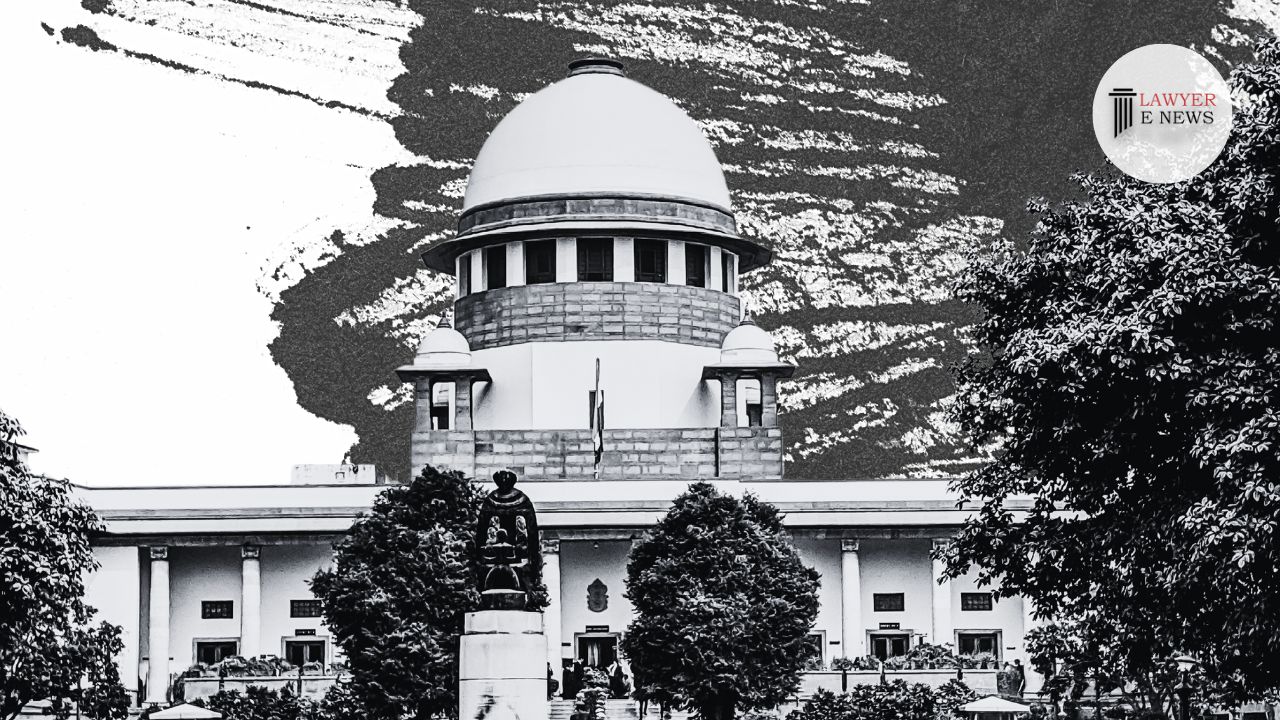-
by Admin
16 February 2026 1:47 PM



In a recent decision, the Supreme Court of India, led by Justices M.M. Sundresh and S.V.N. Bhatti, clarified the legal stance on the examination of witnesses in criminal proceedings. The apex court ruled that witnesses listed by the prosecution but not examined during the trial can be summoned and examined as defence witnesses. This judgement, delivered on February 2, 2024, in the case of Sunder Lal vs. The State of Uttar Pradesh & Anr, addresses a critical aspect of witness examination under Indian criminal jurisprudence.
The primary legal point deliberated upon by the Supreme Court was whether a witness, initially listed by the prosecution but not called for examination, can legally be permitted to testify as a defence witness. This question, central to the criminal appellate jurisdiction, pertains to the rights of the defence and the discretionary powers of the trial court in criminal proceedings.
In this case, the appellant, Sunder Lal, sought to examine a witness who was listed by the prosecution but ultimately not examined by them. Both the High Court and the Trial Court had earlier denied this request, leading to the appeal in the Supreme Court. The issue raised was critical in determining the scope of a fair trial and the admissibility of witnesses in criminal cases.
Justice M.M. Sundresh, in the judgement, observed, "In our considered view, both the Courts are wrong in declining the request of the appellant, as factually, the witness sought to be examined on the side of the defence has not been examined by the prosecution." The Court further noted that there is no legal prohibition in examining such a witness as a defence witness, thereby setting aside the orders of the High Court and the Trial Court.
The judgement emphasized that "it is for the Trial Court to consider the evidentiary value of the said witness while coming to its conclusion." This indicates a significant acknowledgement of the trial court's discretion in evaluating evidence and underscores the principle of a fair trial.
The Supreme Court allowed the appeal, permitting the appellant to examine the prosecution witness as a defence witness. It was also specified that the prosecution retains the right to cross-examine this witness. This decision opens up avenues for the defence in criminal trials to present a comprehensive case by examining witnesses who might have been overlooked by the prosecution.
Date of Decision: 02 February 2024.
Sunder Lal vs. The State of Uttar Pradesh & Anr.
